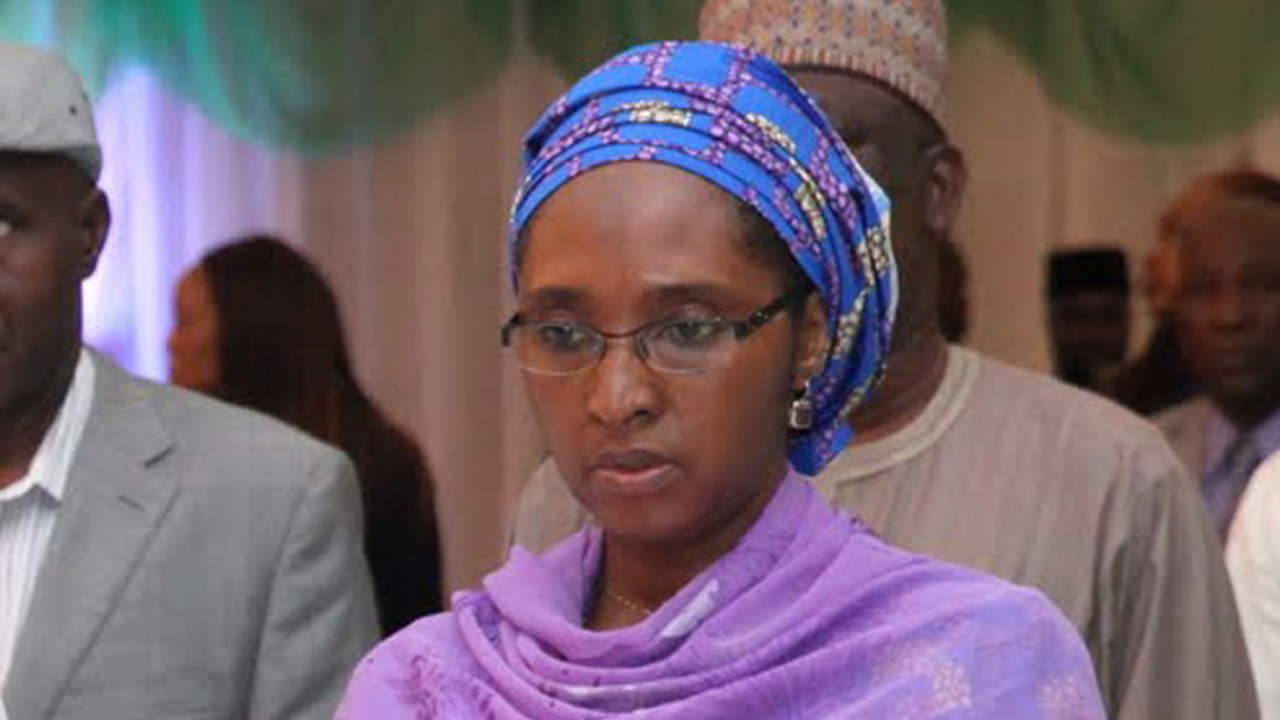Global foreign direct investment (FDI) in developing countries in Africa, Asia, and Latin America is projected to plunge by 25 to 50 percent this year due to the COVID-19 pandemic.
This also threatens the world’s ability to achieve the 2030 Agenda for Sustainable Development with an estimated funding gap of $2.5 trillion annually to implement, now even wider due to the pandemic.
This was the centre point at a discussion involving leading experts from global institutions that participated at the Global Manufacturing and Industrialisation Summit (#GMIS2020) virtual edition.
A statement by Reethu Thachil, the spokesperson for the GMIS, the experts said the pandemic however provides opportunity to accelerate progress towards collaborative solutions to development issues.
Dr. Bernardo Calzadilla-Sarmiento, Managing Director, Directorate of Digitalization, Technology and Agribusiness at United Nations Industrial Development Organization (UNIDO), said prior to the crisis there was an estimated investment gap of $2.5tn per year to implement the Sustainable Development Goals (SDGs) but that it has been aggravated.
Dr. Alina Sorgner, Assistant Professor of Applied Data Analytics, John Cabot University Rome, said: “It might be that there is a strong digital gender divide, which means that women don’t always have the necessary resources to acquire digital technologies and digital skills.”
Andrey Suvorov, Head of Business Development, IIoT Cyber Security, Kaspersky, acknowledged the existence of a skills gap.
Bill Huang, Founder and CEO of CloudMinds, said the introduction of 5G networks would aid the rapid convergence of robots.
“I believe that in a developing country, and an emerging economy, there’s an opportunity for people to train robots, so they don’t need to become migrant workers they can work from their own country. I think that’s a much better way to develop the economy.”
Weixi Gong, Chief of the Investment and Technology Promotion Division at UNIDO, concluded the session by saying Industry 4.0 and Society 5.0 will alter the way we live and work, and global agency’s job to have all-inclusive means to address this.
Hosted by Yuko Yasunaga, the Head of UNIDO ITPO Tokyo, the virtual panel discussion on ‘Exploring the future of manufacturing and industries: Industry 4.0’s true potential in advancing the attainment of the SDGs and shaping Society 5.0’ is the eighth session of the #GMIS2020 Digital Series that will lead up to the Virtual Summit on September 4-5, 2020.

 Join Daily Trust WhatsApp Community For Quick Access To News and Happenings Around You.
Join Daily Trust WhatsApp Community For Quick Access To News and Happenings Around You.


